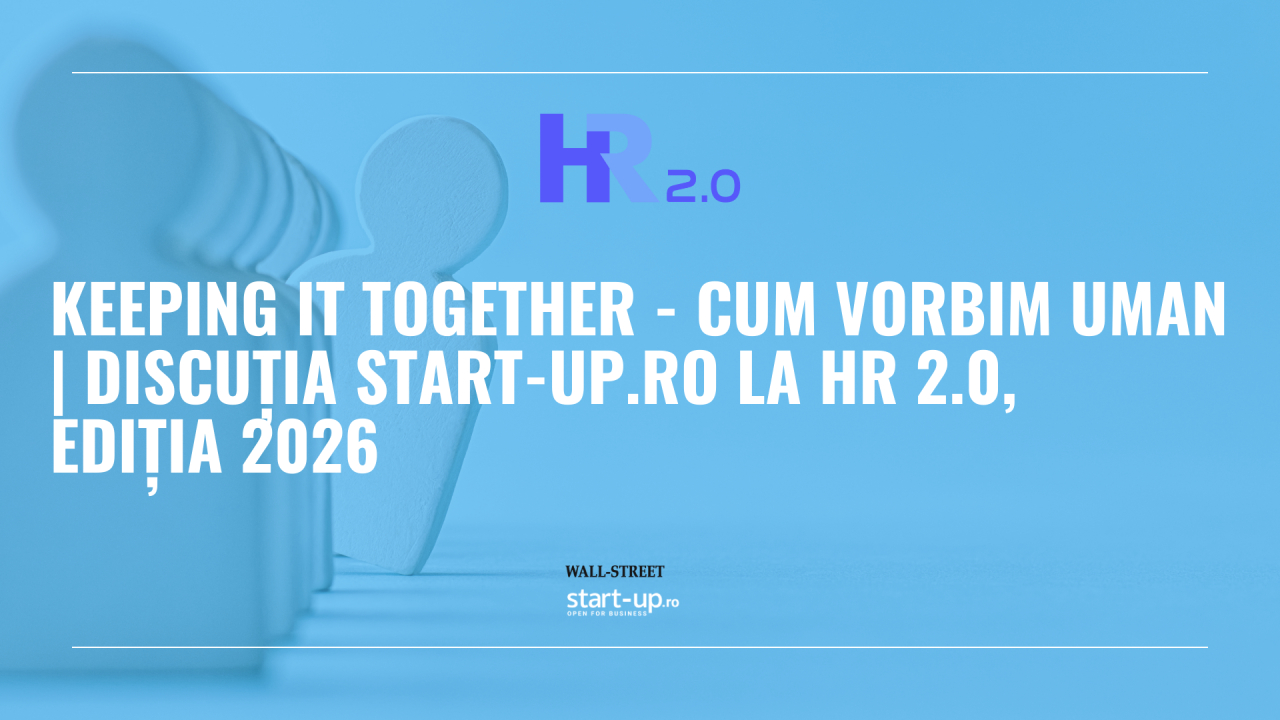Janne Jormalainen is active in the angel investment scene in Northern Europe and has invested to over twenty high tech and education companies. He is chairman of the board in six companies and chairman of the board of FIBAN. He believes in strong teams and diversity and had his fastest exit 104 days after investing.
Janne made his early career in large corporate environment, then moving to entrepreneurship. At Nokia, he was in charge of multiple functions and businesses; managing for example the mobile accessory, IoT and wearables business unit with 860 M€ in annual revenues.
Since 2005 he has been working as an entrepreneur in multiple industries and founded several companies. He considers himself as a resident of the world, passionate about the opportunities technology and entrepreneurship can bring to the human race. He receives around 1500-2000 investment pitches every year, so he warns about cold pitches, which will most likely go unanswered.
But you can get a chance to hear him speak at the Invest in Moonicorns event, on 1-2 October in Bucharest. Before this,we got a change to ask him a few questions about angel investing and the startups that catch his eye these days. His answers you can check out for yourself below.
1. Your professional experience expands from corporate management, to entrepreneurship and now angel investing. I know you were an entrepreneur in many industries, but can you share with us the first business that you launched. What was it and what was its trajectory?
Actually, my very first business was IT consulting. I was 20 and in university when I launched it. The intention was to earn money for studies. I was inspired by my childhood friend who was doing good business in building computers and selling them to corporate clients. I also decided to start my own business.
But when I was close to graduating, I decided that that was not a long term career for me, but I wanted to work abroad and therefore I joined Nokia and moved to the US to work. At that time I decided to end my first venture.
2. In 2006 you chose to invest in startups and become an angel investor. What pushed you to this decision and what were your first interests as an angel investor? Do you remember your first investment, what was it?
During the previous 15 years I had seen how big tech business works around the world and I wanted to use that knowledge to help start-ups to grow.
My first angel investment was an IP telephone company, which was a great learning experience since it went bankrupt in 6 months after investment.
Then I realized that I need to develop my skills as an angel investor and do the business in a professional manner.
 Moare antreprenoriatul românesc? 2 din 3 companii sunt de subzistență | Radiografia afacerilor locale
Moare antreprenoriatul românesc? 2 din 3 companii sunt de subzistență | Radiografia afacerilor locale
3. An an angel, every investment comes with a high risk. What are your 3 main red flags that you observed throughout the years and the experience that warn you not to invest in a certain startup?
It is a cliche, but I invest in teams and teams which I think can make a big impact.
So on the flip side:
#1 red flag is problems with the team.
#2 I like diversity, if it is lacking it, it is a problem. People with the same background cannot create companies for the world market.
#3 realism has to be built into everything the team does. If it is lacking, it is impossible to invest.
4. 2021 was a record year for VC investments in Europe, according to the state of European Angels Report, raising at 112B. Why do you think this was and how can the startup ecosystem continue to raise the VC amount?
2021 was a boom year for sure, but I think after the last couple of difficult years the market is coming back. Investors are more cautious now, but if there are good companies to invest into, they will certainly invest.
5. According to the same report and data from Dealroom, Europe is a world leader in early stage investing. Why do you consider early stage investing to be so appealing in this part of the world?
I think people are starting to realize that angel investing is important for the future of our countries.
We cannot rely on the old industries, but we have to reinvent the European economy. It is clear that a big part of this happens in start-ups.
6. When should an angel investor step back from a company in its evolution?
This is tricky; two thoughts. Financially I prefer an early exit in most cases. When it comes to helping companies it is necessary to stay involved as long as you have something to contribute. In practice in later stage funding rounds larger VCs come on board and have good resources to help the company.
It is important to remember that angel investors not only finance the company, but much more importantly help the company with their expertise and connections. This I consider the main task of an angel investor.
7. What are the industries that you are most interested in this year?
Education and green transition.
8. What was your worst experience with a startup and what lessons have you laid out for yourself from this?
Fraud. I am trying to make sure that due dilligence is done properly, appropriate controls are in place and that we contractually cover such issues.
9. I read that during EAIS2022, EBAN unveiled the “EBAN Women Manifesto for a Gender Balanced Angel Investing Ecosystem,” a pledge to triple the representation of women in angel investing by 2030 during your presidency at EBAN. How were the first two years of this manifesto and what are the main objectives of this program?
We at EBAN, want to make gender diversity much greater in the angel and other early stage investment community. Only a minority of angel and VC investors are female, but on the other hand studies indicate that diverse investor teams make better investment decisions and achieve better results.
The great thing is that more and more female investors are joining the investment community. This is what we are working on and the manifesto is one important tool in this journey.
”I am an angel investor because I want to make a positive impact in the world. I hope the Invest in Moonicorns audience joins me in that important journey.”
 Irina Achim
Irina Achim














